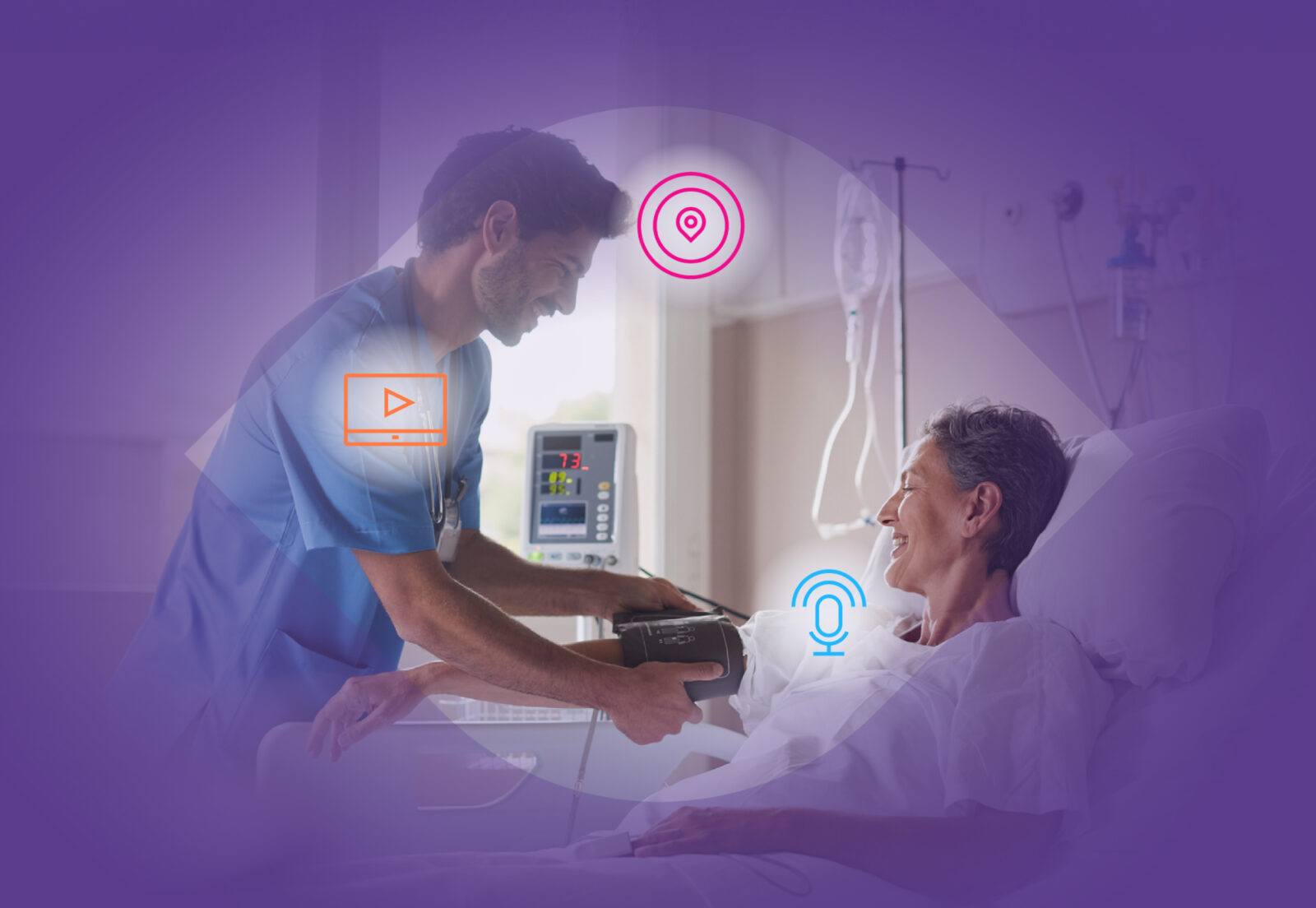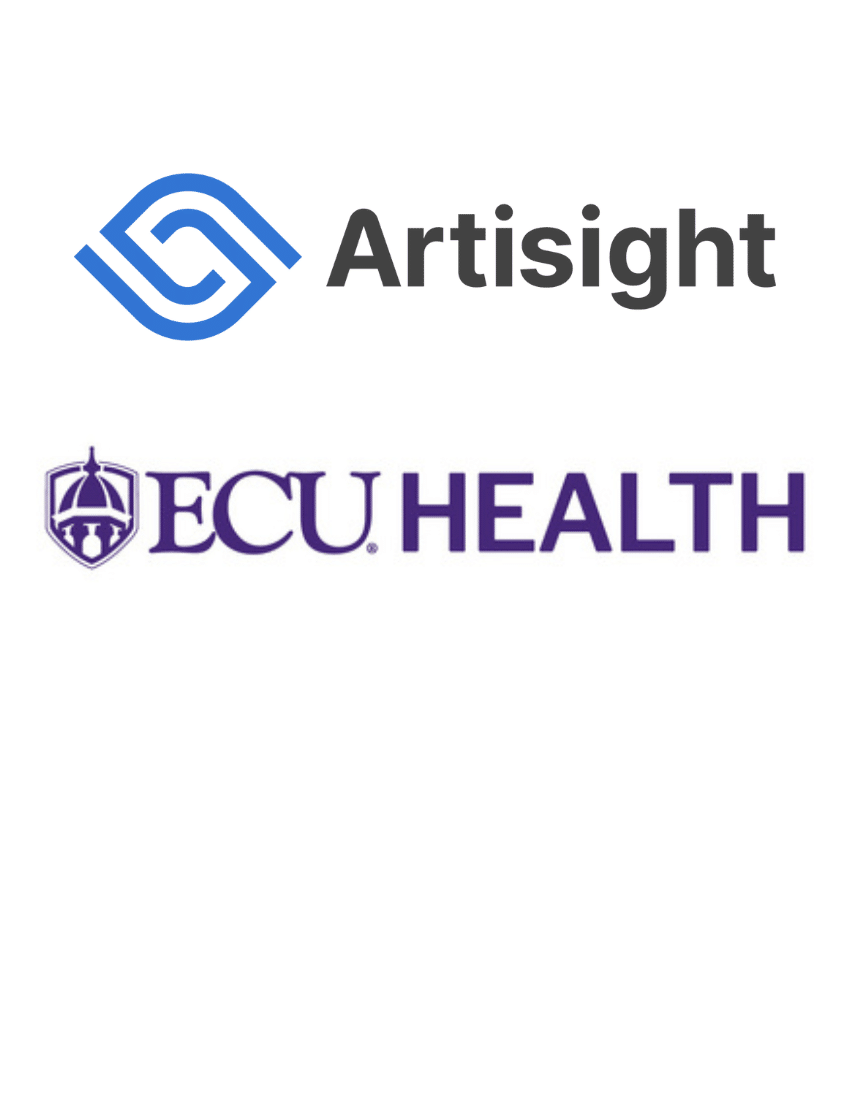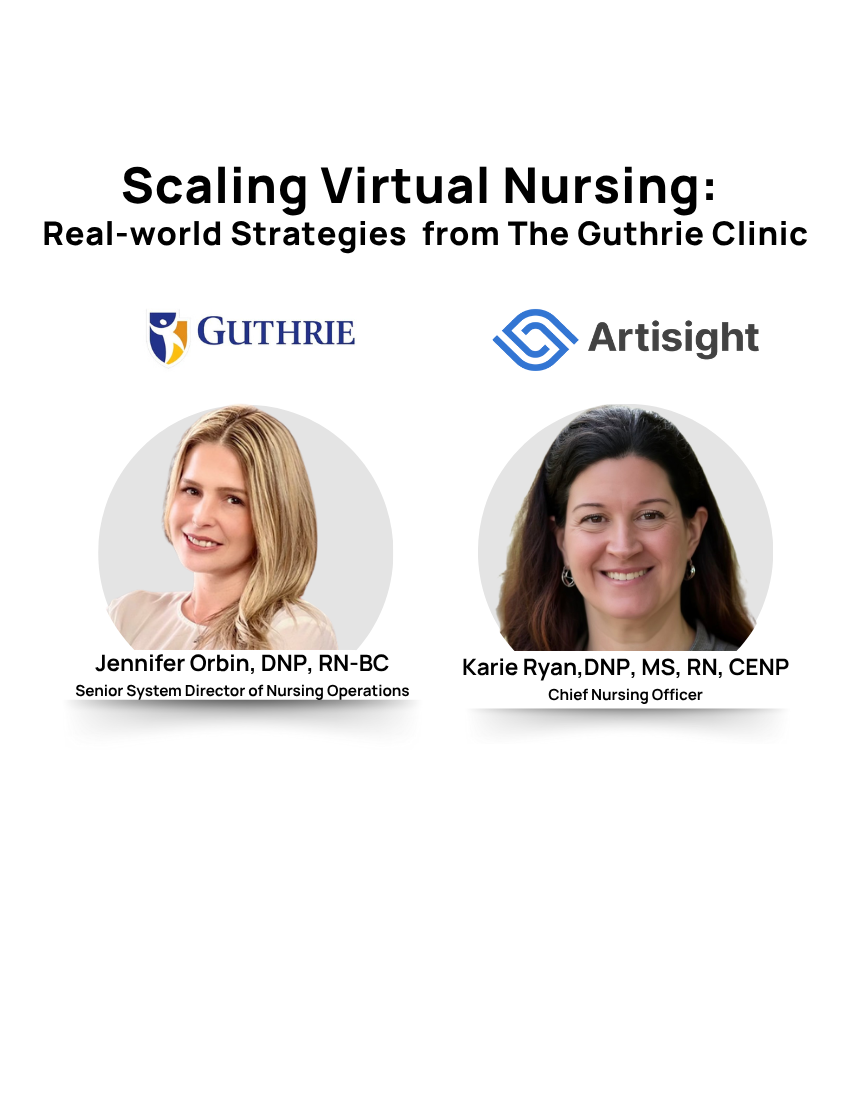As technology continues to evolve, healthcare leaders have a responsibility to champion its adoption in order to drive better clinical and business outcomes.
It’s easier said than done.
Despite the pressure to innovate, healthtech solutions have historically been costly to implement and cumbersome for clinicians to use, leading to minimal returns on investment — if any at all.
The smart hospital offers a new way to approach technology adoption in healthcare.
Key Challenges Facing Hospital Leaders
Chief information officers and other stakeholders must overcome several hurdles when introducing new technologies and positioning their organizations for high-impact change.
Lack of Integration Hinders Adoption
Technology that fails to integrate into existing workflows adds to the burden on overstretched clinicians. While digital solutions must be considered in clinical and operational strategies, they cannot add more complexity, or they’re destined to fail.
Increased Documentation Takes Its Toll
One of the complexities introduced by EHRs is the administrative requirement placed upon clinicians. According to the 2022 U.S. Surgeon General’s Advisory on Building a Thriving Health Workforce, nurses spend as much as 40% of their time on documentation rather than direct patient care.
These additional, tedious responsibilities have significantly contributed to the burnout felt by many across the industry over the last several years, resulting in a cultural resistance to technology.
Tech Resistance Leads to Low Productivity
Organizations that have been slow to adopt new technologies do not have opportunities to benefit from the increased efficiency afforded by AI and other tools.
Nearly 70% of the healthcare labor force lacks productivity tools, with additional technology actually impeding clinician performance by cluttering workflows and requiring significant training.
Introducing a Smart Hospital Approach
Healthcare leaders can leverage a smart hospital approach to overcome these IT challenges and move their organizations toward lasting digital transformation.
This means creating a care environment that enables personalized, human-centered care through real-time documentation and monitoring via voice and video capture.
A smart hospital approach includes more than simply adding more solutions to an organization’s tech stack. Instead, it focuses on building the right infrastructure to leverage AI across existing technologies and processes.
With a scalable, interoperable platform in place, your organization can use AI to automate cumbersome manual tasks that slow down productivity, take away from patient care, and lead to burnout.
This approach eliminates traditional data entry methods in favor of a healthcare environment that intuitively collects real-time, patient-specific data through sensors and ambient intelligence.
The same technology that enables a smart hospital also simplifies and streamlines traditional tasks such as facilitating telehealth, virtual nursing, and remote safety attendants.
With a smart hospital platform, organizations can innovate, scale, and realize the following results:
Enhanced Operational Efficiency
Improving operational efficiency is paramount for hospitals functioning at razor-thin margins. A smart hospital platform streamlines workflows, reduces administrative overhead, and minimizes errors, leading to faster and more accurate service delivery.
Additionally, it provides actionable intelligence to optimize resource allocation, ensuring the most effective use of staff, equipment, and facilities.
Valuable Data Insights
While data is the lynchpin to measure outcomes and solve problems, gaining valuable data-driven insights is the key to future care transformation. Through a sensor network and IoT, smart hospital technology collects real-time data and facilitates analysis across various areas of the organization — enabling informed decision-making and personalized care plans.
Significant Cost Savings
Hospitals can pave the way for clinical and financial success by implementing a future-ready digital platform. With enhanced operational efficiency and valuable data insights, organizations can increase operational performance and decrease readmission rates and length of hospital stays — two clinical metrics that translate directly into cost savings.
Artisight: A Thoughtful Approach to Innovation
Designed by clinicians for clinicians, Artisight’s platform serves as a central hub for the smart hospital. It surrounds teams with computer vision, a multi-sensor network, indoor positioning and real-time location systems, voice-activated services, video conferencing, and EHR integration.
Rather than requiring organizations to implement another series of point solutions, we build a scalable infrastructure that allows you to innovate at a pace that suits your unique needs and capabilities.
The smart hospital platform allows clinicians to work at the top of their license, looking more at patients than screens. As a result, your organization is positioned to gain critical buy-in from the people who make patient-centered care possible — leading to faster technology adoption and optimized solutions.
Spotlight on Guthrie Clinic
To illustrate the impact of a smart technology platform, take Guthrie Clinic, a non-profit integrated healthcare system serving a primarily rural community covering 9,000 square miles of New York and Pennsylvania.
After the COVID-19 pandemic, Guthrie Clinic struggled to retain and recruit nursing staff, so the organization partnered with Artisight to help reduce the increased burden on existing clinicians and offset the need for travel nurses.
Together, Artisight and Guthrie Clinic launched the Pulse Center — an advanced remote nursing program with a virtual command hub. The platform allows off-site nurses to monitor patients remotely, giving on-site clinicians more freedom to spend caring for patients.
The smart hospital technology allowed Guthrie to:
- Reduce nurse turnover from 25% to 13%
- Yield $7 million in cost savings by limiting travel nurse requirements
- Reduce the amount of time nurses spend on administrative tasks by more than 30 minutes per shift
“With Artisight, we have a partner who can offer a comprehensive solution to the challenges we are facing,” said Terri Couts, Chief Digital Officer and SVP at Guthrie Clinic. “We’ve been able to seamlessly adopt this innovative technology to the benefit of our staff, patients and the hospital overall.”



